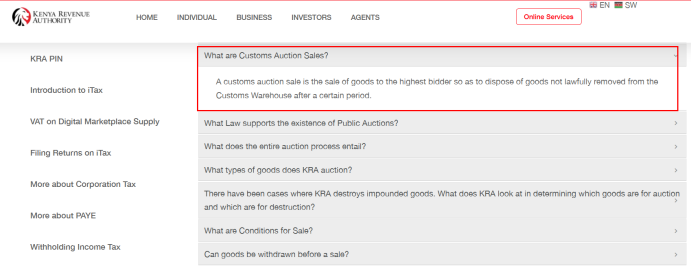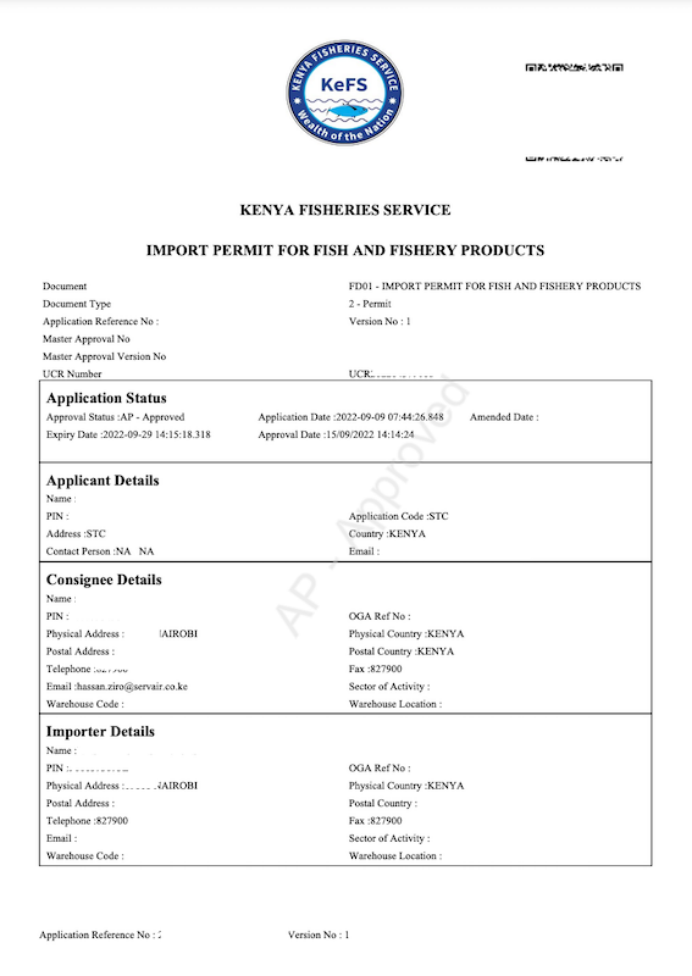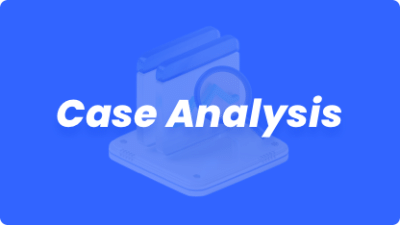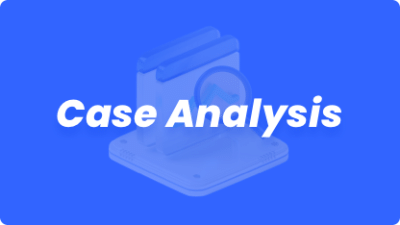I. Case Overview
In December 2024, JCtrans member Sea Supply Logistics(Santos, Brazil) entered into its first shipment cooperation via the platform with member CPT Logistics Limited (Mombasa, Kenya) for the transportation of frozen tilapia.
The parties agreed thatSea Supply Logistics would provide full EXW service, under the settlement terms of “Both parties agreed on Document against Payment (D/P), with release of the Bill of Lading upon receipt of payment.”
The cargo was shipped in mid-January 2025 and was expected to arrive at Mombasa Port by the end of February.
Upon arrival, CPT Logistics Limited failed to provide key customs clearance documents such as the ‘Fish Health Certificate ’and‘Certificate of Conformity (CoC)’ , causing the goods to remain unclaimed at the port for over a month.
As the cargo was frozen, it required continuous refrigeration. Incurred substantial port storage and container demurrage fees and faced the risk of cargo abandonment.
Ultimately, CPT Logistics Limited abandoned the cargo, resulting in significant financial losses for Sea Supply Logistics .
II. Chain of Evidence
Contract Terms: “D/P with release of the Bill of Lading upon receipt of payment.” CPT Logistics Limited was responsible for destination port customs clearance and document provision.
Shipment Information: The cargo was dispatched in January 2025 and arrived at Mombasa, Kenya by the end of February.
Port Charges: By the end of April, total demurrage and storage fees due to refrigeration exceeded $144,000.
Reason for Clearance Failure: CPT Logistics failed to provide two essential import documents:
· Fish Health Certificate: Issued by the Kenya Fisheries Department to confirm the product meets animal quarantine standards.
· Certificate of Conformity (CoC): Certifies that the export product meets Kenyan national standards.
CPT Logistics issued a cargo abandonment statement.
III. Platform Conclusion
Upon review, Sea Supply Logistics fully fulfilled its contractual obligations and completed the shipment on schedule.
As the consignee, CPT Logistics failed to provide the necessary clearance documents, resulting in port demurrage and eventual cargo abandonment.
According to the East African Community Customs Management Act, unclaimed cargo at port for over 30 days is deemed abandoned and subject to customs auction or disposal.

After verification, the platform, in accordance with its Risk Control rules, provided DN bad debt compensation support to Sea Supply Logistics for losses incurred prior to port arrival.
IV. Analysis and Summary
This case highlights the direct risk posed by missing destination clearance documents in cross-border cold chain logistics.
Particularly for sensitive categories such as cold chain, hazardous goods, and perishables, Kenya’s key clearance requirements for imported frozen fish include:
· Fish Health Certificate: Issued by the Kenya Fisheries Service to ensure animal quarantine compliance.
· Certificate of Conformity (CoC): Certifies compliance with Kenyan national standards and must be issued pre-shipment by a PVoC body.
· FD01 Import Permit: Must be obtained in advance from the Kenya FDA by the importer.
FD01 and the Fish Health Certificate must be secured before shipment.
Label requirements (origin, net weight, packaging date, etc.) must comply with regulations.
Additional compliance certificates are required for GMO, heavy metal residues, or other special conditions.

Failure to submit these documents in time results in customs detention, with high fees after the free storage period.
Especially for refrigerated containers, continuous power supply for cooling at ports leads to daily cost surges, often resulting in financial burdens or cargo abandonment.
V. Operational Recommendations
To avoid such risks in the future, the platform recommends:
· Pay close attention to customs documentation, particularly for cold chain, animal, and plant products. Confirm that the consignee has secured all import permits and quarantine certificates prior to shipment.
· Prioritize the platform’s Credit Assurance Order service to ensure compliance and reduce credit/payment risks.
· To learn more about the Credit Assurance Order or to receive Risk Mitigation advice, reply with “Credit Assurance Order” in the backend. Our Risk Control Specialist will assist you.

Last
A Decimal Point That Led to Cargo Detention! Bill of Lading Risks in Brazil
��Z�

Next
Customs Tighten Oversight of Transshipment Trade, Escalating Logistics Risks—How Can Freight Forwarders Ensure Transaction Security?
The Two Mainstream Transshipment Operations in the MarketPure Transshipment Trade Goods undergo simple handling (e.g., relabeling
